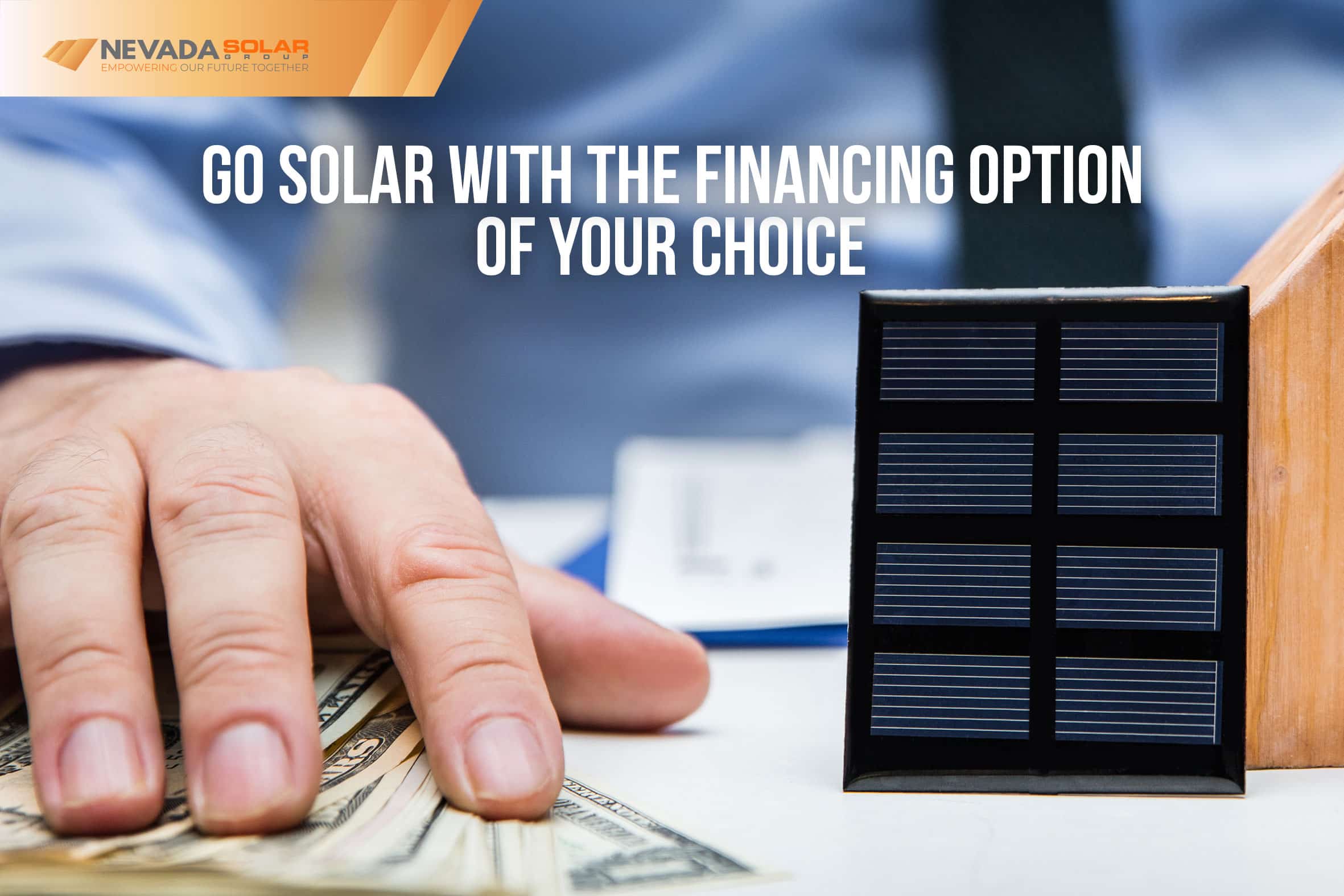There are many benefits of solar energy consumption, such as greenhouse negative effect reduction, independence from the local power grid, financial incentives and return on investments, integration into modern technologies, remote house monitoring system utilization, etc. However, one of the first motivations for switching to solar remains, doubtless, the positive influence on your budget. Modern solar panel companies arrange various methods of exploitation and payment for solar energy consumers. These options aim to simplify and adapt to the user’s needs and potentials. The investigation and research of different versions are highly recommended. However, before making a final decision, it is highly recommended to get at least three solar panel financing quotes from diverse vendors. To better imagine what financial options you will have, let’s have some insight into the details.
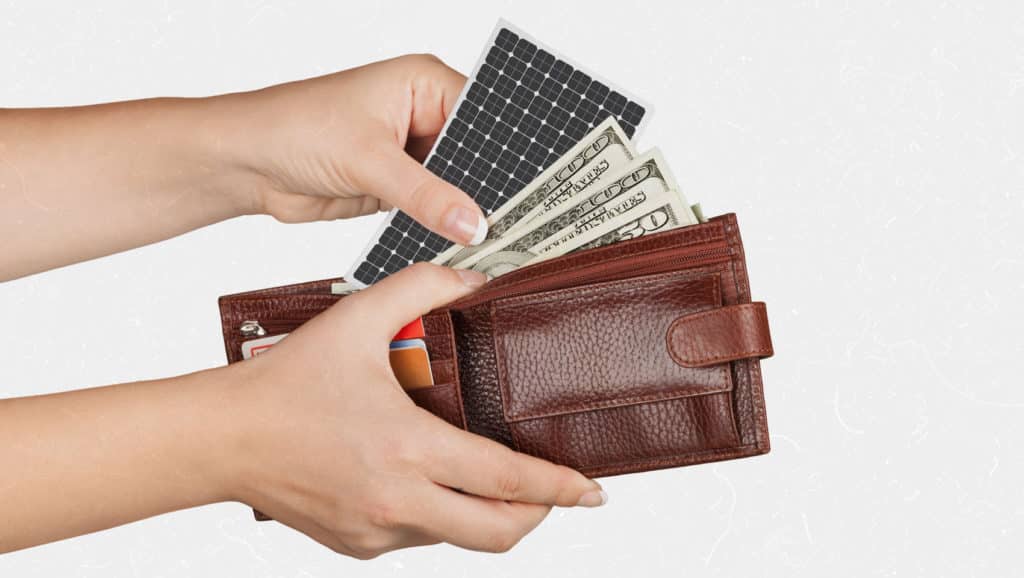
Leasing
For some customers, PV system leasing may sound unacceptable, while for others, this may be an excellent opportunity to turn into solar. This method is incredibly convenient for people whose financial potential does not allow them to make a purchase, whereas the desire to switch to solar energy consumption is big. How can you benefit from the leasing of the solar panel system? The answer is simple: as you plan to install a PV system, you make your preliminary calculations and receive a high payment cost. This may be shocking, especially if it goes far beyond your budget. The system loan allows such customers to have what they want for no money. More precisely, in this case, you don’t actually own that system; however, you have the right to consumption. You get your solar energy and pay the bills to the installation company. The latter, however, remains the owner of the solar panel kit. You benefit from the lower rates of your energy, but the owner himself receives the direct incentives. Solar leasing usually suggests a 20-year warranty and maintenance service agreement with some escalation clause. The latter assumes the increase of monthly payments every few years. So, if you decide to loan a PV system instead of buying one, I recommend you be highly attentive to the terms and conditions under which you sign. Another significant aspect of leasing is transferring the lease with the house in case you decide to sell it. This will lower your chances of selling your residence for a better price. The reason is simple; if your house owns a photovoltaic system, it automatically increases its price and gets better chances to be sold. With a solar lease, the new owner will also receive the agreement signed between you and the solar panel installationcompany.
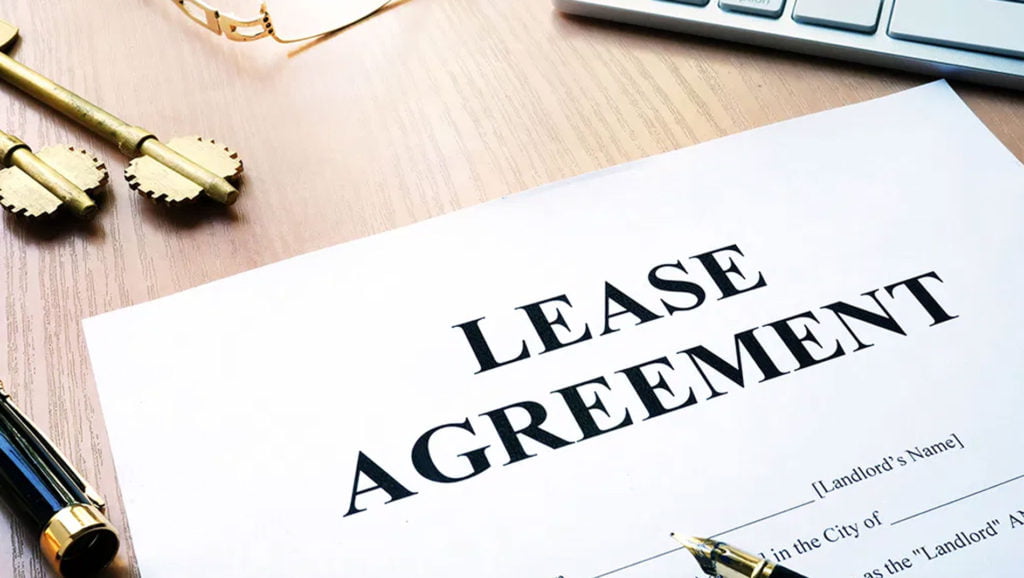
Purchase
If your budget allows you to buy your PV system with cash, this is the ideal option for investing in solar energy consumption. First, it adds some benefits to your house as a sale item, increasing its price. Also, you become the one and only owner of your renewable energy system and receive all the ROI (return on investments) and tax incentives. Purchasing with cash, you are sure to get some rebates and bonuses from the company. The actual cash purchase can also be financed with the bank. This option provides an excellent benefit of not paying the total money upfront.
Nevertheless, this method will significantly reduce your expected paybacks and financial benefits compared to upfront cash payments. Your solar panel purchase can also be implemented via Property Assessed Clean Energy (PACE) Financing. To comprehend what it stands for, imagine that the local government creates legislation, then the lender gives certain funds to the homeowner to purchase the desirable photovoltaic system. As a result, the property owner repays the debt through the property taxes. With this payback method, you can easily choose the type of solar system with all its devices attached without worrying much. PACE is a widely accepted option that is designed to encourage solar energy consumption in the U.S.
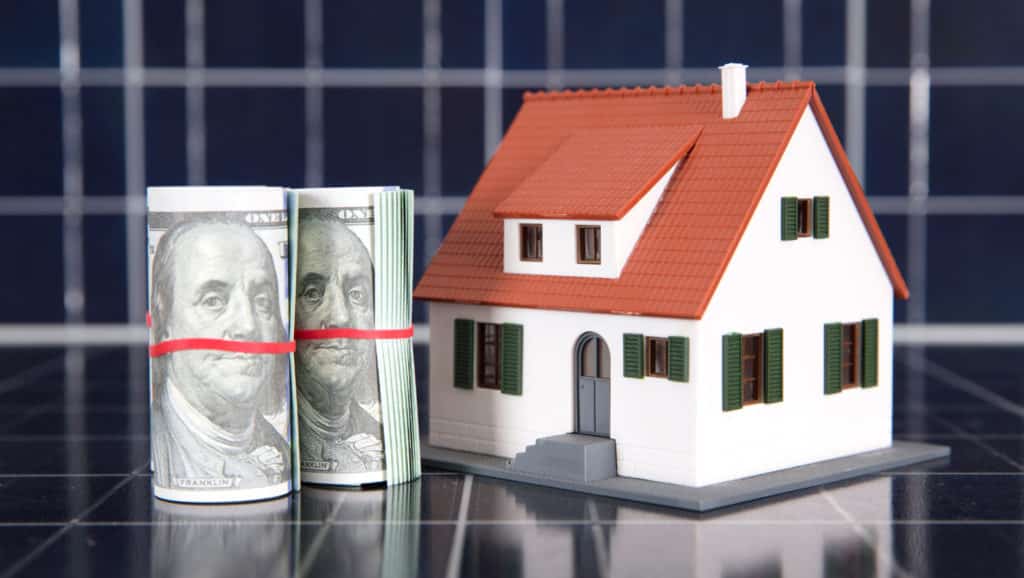
Solar Power Purchase Agreement
A Solar Power Purchase Agreement (SPPA) is a financial contract signed between parties, one of which owns, develops and maintains the solar panel kits. The host customer agrees to purchase the electricity generated by these systems. The developers of SPPAs are called service providers. These agreements are usually signed with a long-term condition, from 6 to 25 years duration. Due to SPPA, the host can receive stable electricity with fixed low prices, and the service owner gets financial benefits and solar panel tax credits. It is a so-called mutually beneficial deal with convenient conditions for both sides. Some of the host customer’s benefits include stable and predictable electricity monthly costs, no upfront capital cost is required, property value automatic increase, no operational risk or system performance.
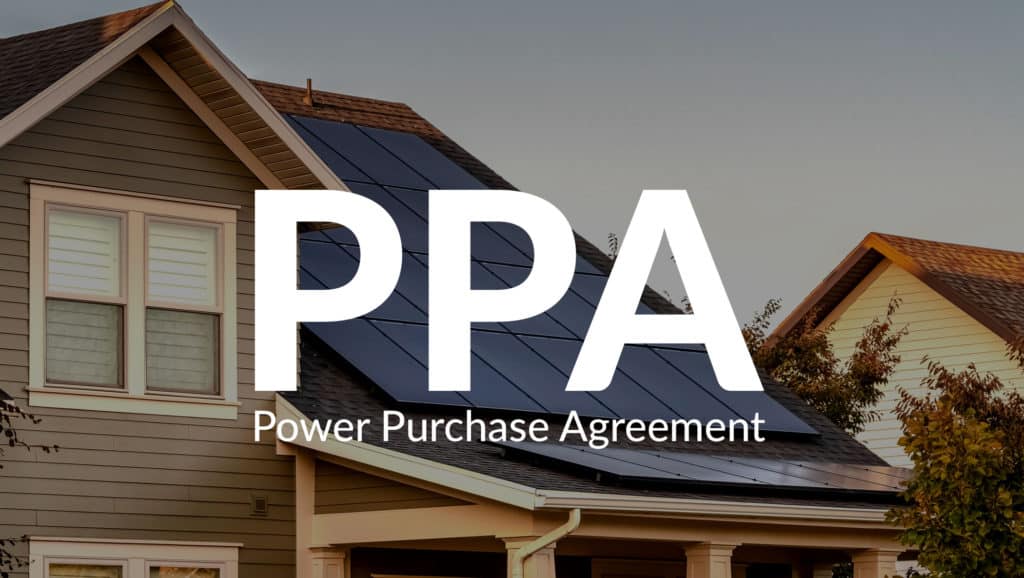
Now that you have more or less imagined the financial options offered by manufacturing companies, it will be easier for you to calculate your upcoming expenses for switching to solar. Based on the company you choose, prices may differ for solar panel installation costs and all the devices and equipment required for your future PV system. These requirements are based on your residence’s specification and your average demand for energy consumption. And remember, a specialist’s opinion is always a plus in this case.
Author of a publication: Helen Kocharyan
